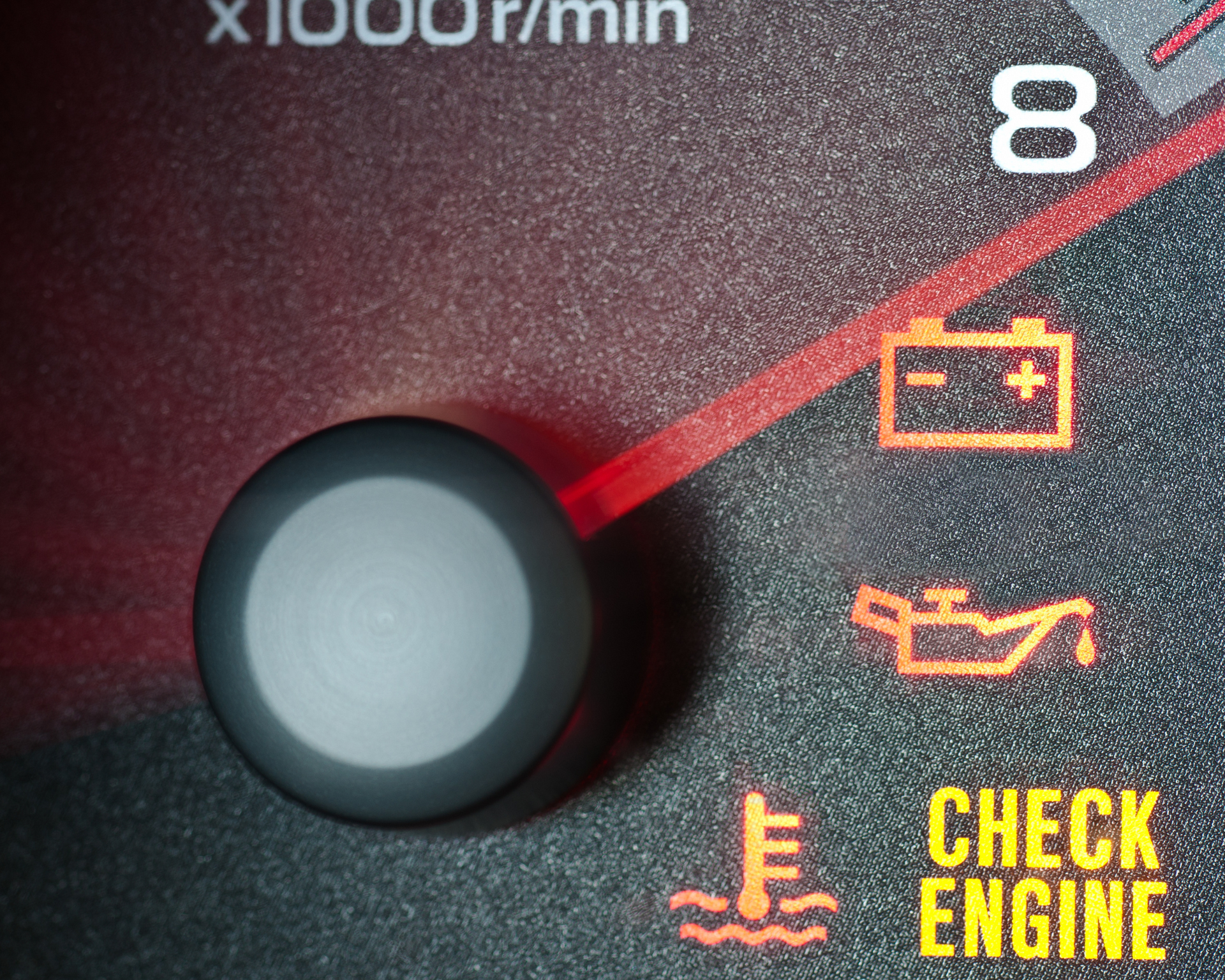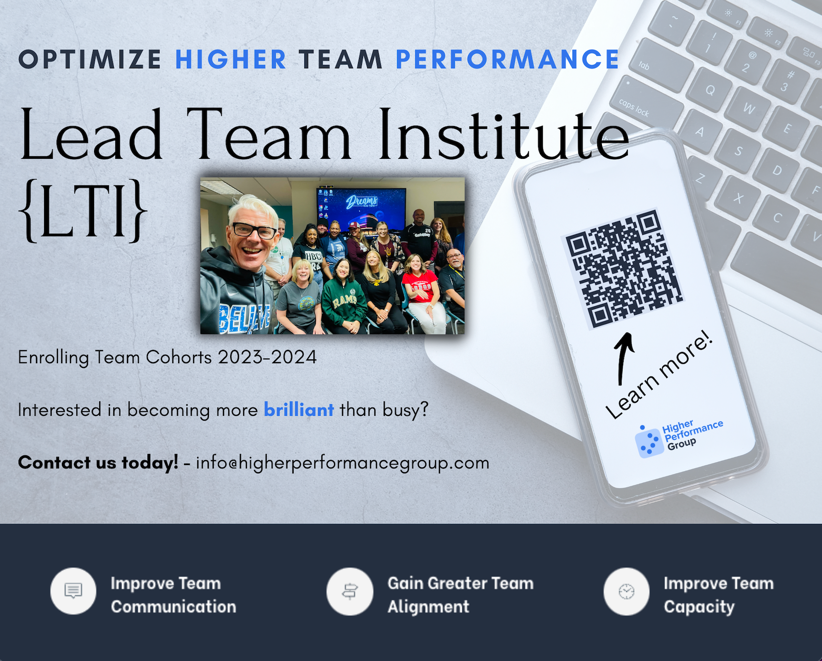9 Warning Signs You Are Suffering from Toxic Productivity
If you’re a driven leader, chances are you are constantly pushing yourself to hit new goals, produce more, and become more efficient. But what many leaders fail to realize is that your intense drive can easily slide into toxic productivity.
Don’t get me wrong, much of your drive is admirable. After all, having worthy work is one of the leading attributes of a life of significance. Your life and leadership improve significantly when you become more efficient, productive, and organized.
But too much of a good thing can become a bad thing. Even productivity can turn toxic.

As much as I’m a student of Higher Performance (this is my lifework, and I lead a national institute for campus teams each quarter that’s helped hundreds of leaders become more productive), taken to its extreme, productivity becomes counter-productive.
There’s a point at which applying the strategies, tactics, and tips associated with productivity can make a good thing go bad. Sometimes with devastating consequences.
It’s ironic, but hyper-productive people with toxic efficiency experience the same overwhelm that disorganized people do.
Toxic productivity can also lead to burnout, which no leader wants. (Here are
5 Very Real Reasons Campus Leaders are in Such a Pressure Cooker Right Now).
9 Warning Signs You’re Suffering from Toxic Productivity
Toxic productivity is a trap. You think you’ll solve problems, but over-applying productivity strategies makes you more stressed, not less.
So how do you know whether your fascination with productivity is turning toxic?
Here are nine warning signs that you’re starting to suffer from toxic productivity.
1. You Can’t Turn It Off
As the burnout epidemic has been made evident repeatedly, leaders who never take a break end up breaking.
One sign that your obsession with productivity is counter-productive is that you are unable (or unwilling) to turn it off.
Everything in your life has become about being more efficient and more productive.
This means you can end up spending all your waking hours working. The problem is that you were not designed to work all day every day and never get a break.
As this study from the American Psychological Association shows, taking breaks makes you more productive and increases both your job and life satisfaction.
Practical Strategies to Reclaim Your Momentum and
Transform Team Performance
Enroll in the Lead Team Institute for the 2023-2024 academic year and Optimize Higher Team Performance.
2. You Have No Hobbies…or a Life
A second sign you’re struggling with toxic productivity is that you have no hobbies, or life for that matter.
Sorry. Taking a break from work to watch Sports Center, Netflix, or YouTube is not a hobby.
By definition, a hobby costs you both time and money. It should also take your full focus, whether your hobby is mountain biking, glass blowing, beer brewing, cross fit, cross stitch, touch rugby, photography, scuba diving, or learning a new language.
You probably don't have one if you can’t answer the question “what’s your hobby” in 3 seconds or less.
Many leaders I serve have no hobbies or life outside of work. And that’s a price not worth paying.
3. You Work Because You Want To. And You Always Want To
To make matters worse for productivity over-achievers, work now follows us everywhere via your phones and laptops.
You used to have to go to the office to do work. Now the office goes to you and with you everywhere you go.
And because you can work, you do.
4. You Know Productivity Shame
For many driven leaders, it’s hard to sit still. But productivity shame goes deeper than that.
What is productivity shame exactly?
According to Rescue Time, productivity shame involves the feeling that you aren’t allowed to do things that are “unproductive.”
You feel guilty when you spend time on hobbies (see above), watch a movie, or simply sit back and relax.
In other words, you're not satisfied if you’re not working.
5. Your Oasis is Always Three Months Away
Blank space in your calendar is a trap. It looks like freedom, but its captivity disguised as liberty.
One reason toxic productivity is so deadly is that you can trick yourself into believing it will get better soon. And by soon, you mean three months from now.
For example, you might say to yourself, “March is madness, but after commencement in May, it is going to be awesome!”
The reason it’s easy to fall for is because when you look three months ahead in your calendar, it seems pretty blank.
The problem is that’s precisely what May looked like back in February and
what October looks like in July.
And so, we fool ourselves into thinking that relief is three months away. Except it never is.
If you want to access a better way to plan for the future,
here are several resources to help.
6. Your Closest Relationships Are Suffering
Eventually, you’ll quit or retire from your job. You never retire from being a parent, a spouse, or a good friend.
The people who pay the greatest price for toxic productivity are not your co-workers—they’re the people closest to you: Your spouse, kids, and friends.
You blow them off, tell them to wait, explain that you’re too busy, and bury your head in your laptop.
The people closest to you should have the best access to you. But toxic productivity creates the opposite impact: The people closest to you get the leftovers of you.
7. You’re Always Trying to BEST Yourself
For top performers, work can become a little like how Google Maps has become to many of us: you’re always trying to beat the ETA by just a few minutes.
And once you shave a minute off your arrival time, the gauntlet is set to shave another minute (or two) off to see if you can arrive even faster (I’m speaking hypothetically here).
Productivity turns toxic when you’re unsatisfied with your progress or results.
It always has to be a little faster, better, and always up and to the right.
What’s worse, this kind of behavior gets rewarded.
Workaholism is the most rewarded addiction in America. If you drink too much, you get fired. If you work too much, you get a raise and promotion.
8. There’s No Finish Line
If you don’t declare a finish line to your work, eventually, your body will. It’s called burnout.
As noted, the challenge with productivity is that you can always get better.
You can always become a little more efficient, a little more effective, download a new app, or master a new skill that helps you get a little more done in less time, which creates more time for more work.
Which means there’s no finish line. Ever.
Every piece you wrote could be a little better. Every day you spend could have been a little more ideal.
As leaders who have burned out know, though, if you don’t declare a finish line to your work. Eventually, you will burn out.
9. You’re Overwhelmed, But That’s Normal
Healthy productivity has a finish line and leads to a life of peace, not just a full work schedule.
It allows you to sleep at night, take a real vacation, work out, make time for hobbies, friends, and family, and still get much more done at work.
Toxic productivity never leaves you feeling satisfied. It leaves you feeling overwhelmed.
Semester II is when you start planning for Semester I
This is one of the best opportunities to begin planning to accelerate your team’s performance.
I have had the pleasure of serving school district, and college campus Lead Teams for the past decade and know your system's performance is directly connected to this team's health (and smarts).
❓How’s your team’s communication and connection?
❓How’s the quality of your system’s alignment and execution?
❓What’s your plan for optimizing your Lead Team’s capacity?
As THE people leader for your system, I invite you and your leadership team to consider enrolling in the
Lead Team Institute {LTI} for the 2023-2024 academic year.
Here is a quick link for more info.
This national initiative is designed to Optimize Higher Team Performance:
✅ Team Communication
✅ Team Connection
✅ Team Alignment
✅ Team Execution
✅ Team Capacity
✅ Reliable Systems
Our fall kickoff dates are filling up. Schedule your preferred fall kick-off date here.
Ready to reclaim your momentum and optimize Higher Team Performance?
Dr. Joe Hill - Founder, Higher Performance Group
“Because everyone deserves to live in a community served by healthy teams and highly reliable systems.”
More Blog Articles




